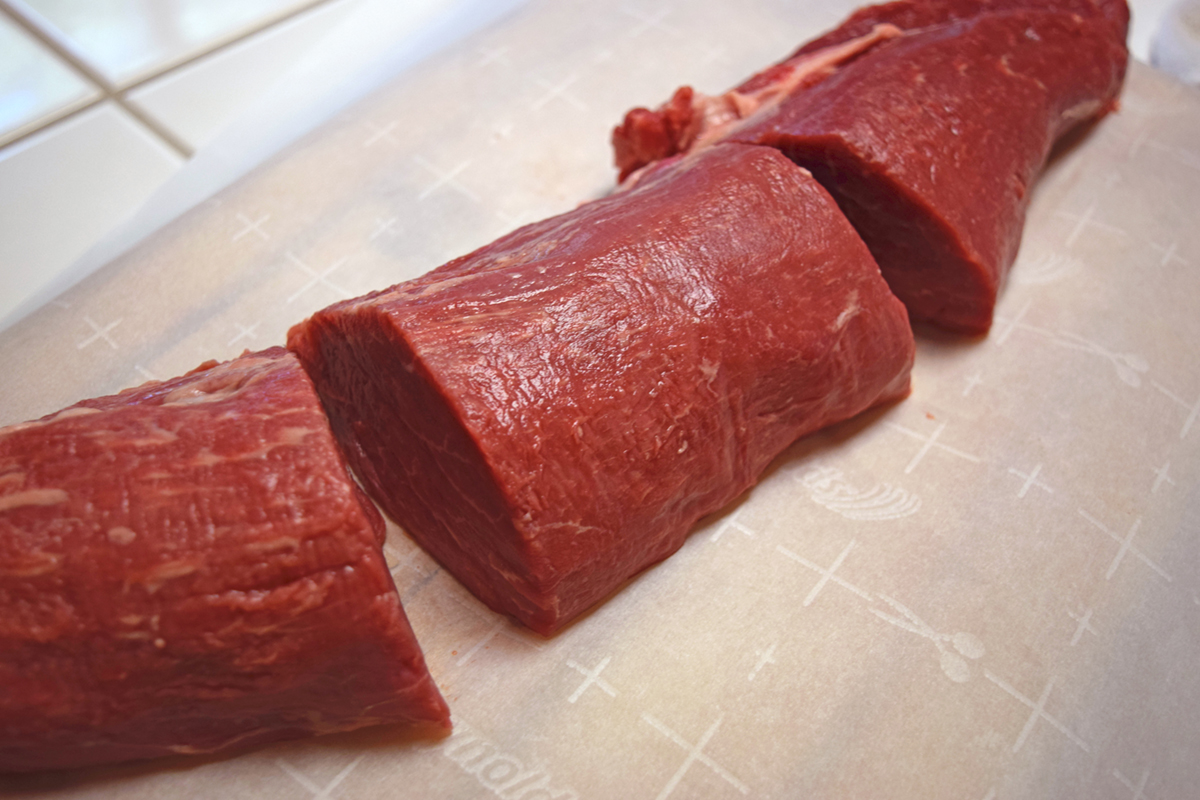
Iron is one of the most important nutrients, and it is primarily associated with the production of hemoglobin. Iron is found in every human cell, and an average human body has approximately 4 grams of iron. In a human diet, iron comes in two different forms: as a heme iron, found only in animal flesh and derived from the hemoglobin and myoglobin in animal tissues; and non-heme iron, found in plant foods and dairy products. Iron is a pervasive mineral, especially found in foods. A healthy and well balanced diet is the best way to get sufficient daily dosages of iron. Even if a person becomes slightly deficient on iron, in many cases a dietary change is all that it takes to improve the balance.
Health benefits of ironOne of the most prominent roles of iron is to aid in production of the hemoglobin molecules. Hemoglobin is the oxygen-carrying component of the red blood cells. Oxygen binding property of hemoglobin allows oxygen to travel around the bloodstream and feed every living cell. The ability of red blood cell to carry the oxygen is completely due to the presence of iron in the hemoglobin. If a person lacks iron, the body will produce less oxygen and consequently, supply less oxygen to the tissues. Iron is also involved in the production of carnitine, a nonessential amino acid important for the proper utilization of fat. Iron deficiency causes anemia, a condition in which the oxygen carrying capacity of the red blood cells gets reduced significantly.Iron rich foods
Iron is found in many foods like red meat, lentils, beans, poultry, fish, leaf vegetables, tofu, chickpeas, black-eyed peas, blackstrap molasses, fortified bread and fortified breakfast cereals. Excellent food sources of iron include chard, spinach, thyme, and turmeric. Only two tablespoons of ground-dried thyme provide almost 20% of recommended daily allowance (RDA) for iron. A cup of boiled Swiss chard provides 22% of RDA for iron, and two tablespoons of turmeric powder provide 10.4% of RDA.
Very good sources of iron include romaine lettuce, blackstrap molasses, tofu, mustard greens, turnip greens, string beans and shiitake mushrooms. Romaine lettuce, for example, provides 6.85% of RDA in 2 tablespoons; blackstrap molasses 13.3% of RDA in 2 tablespoons, raw tofu has 33.8% of RDA in a portion weighing 4 oz, and a cup of mustard greens provides 5.4% of RDA.
Other good sources of iron include beef tenderloin, lentils, Brussel sprouts, asparagus, venison, garbanzo beans, broccoli, leeks and kelp. The milling of grain removes the bran and germ and eliminates about 75% of the naturally occurring iron in whole grains. This is why the refined grains are often fortified with iron. However, this type of dietary iron is less absorbable than the one found naturally in foods.


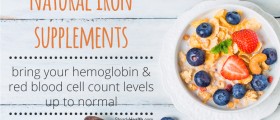
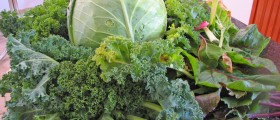
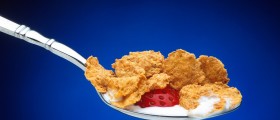
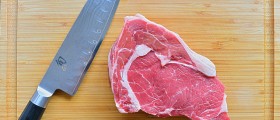
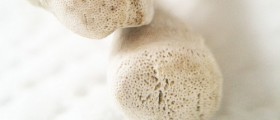
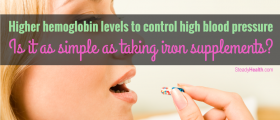
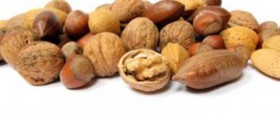
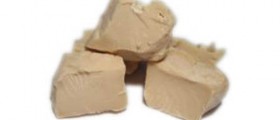
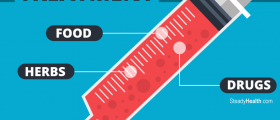
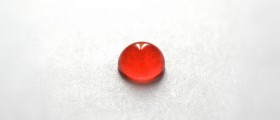


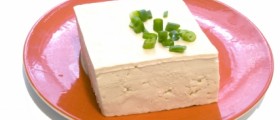
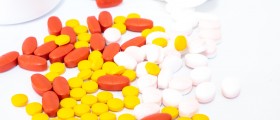
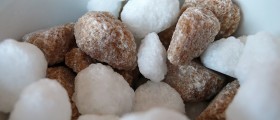
Your thoughts on this
Loading...